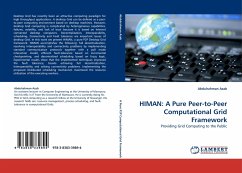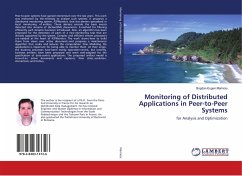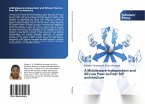Increase of computational power and emergence of new computer technologies led to popularity of local communications between personal trusted devices. By-turn, it led to emergence of security problems related to user data utilized in such communications. One of the main aspects of the data security assurance is security of software operating on mobile devices. The aim of this work was to analyze security threats to PeerHood, software intended for performing personal communications between mobile devices regardless of underlying network technologies. To reach this goal, risk-based software security testing was performed. The results of the testing showed that the project has several security vulnerabilities. So PeerHood cannot be considered as a secure software. The analysis made in the work is the first step towards the further implementation of PeerHood security mechanisms, as well as taking into account security in the development process of this project.
Bitte wählen Sie Ihr Anliegen aus.
Rechnungen
Retourenschein anfordern
Bestellstatus
Storno








